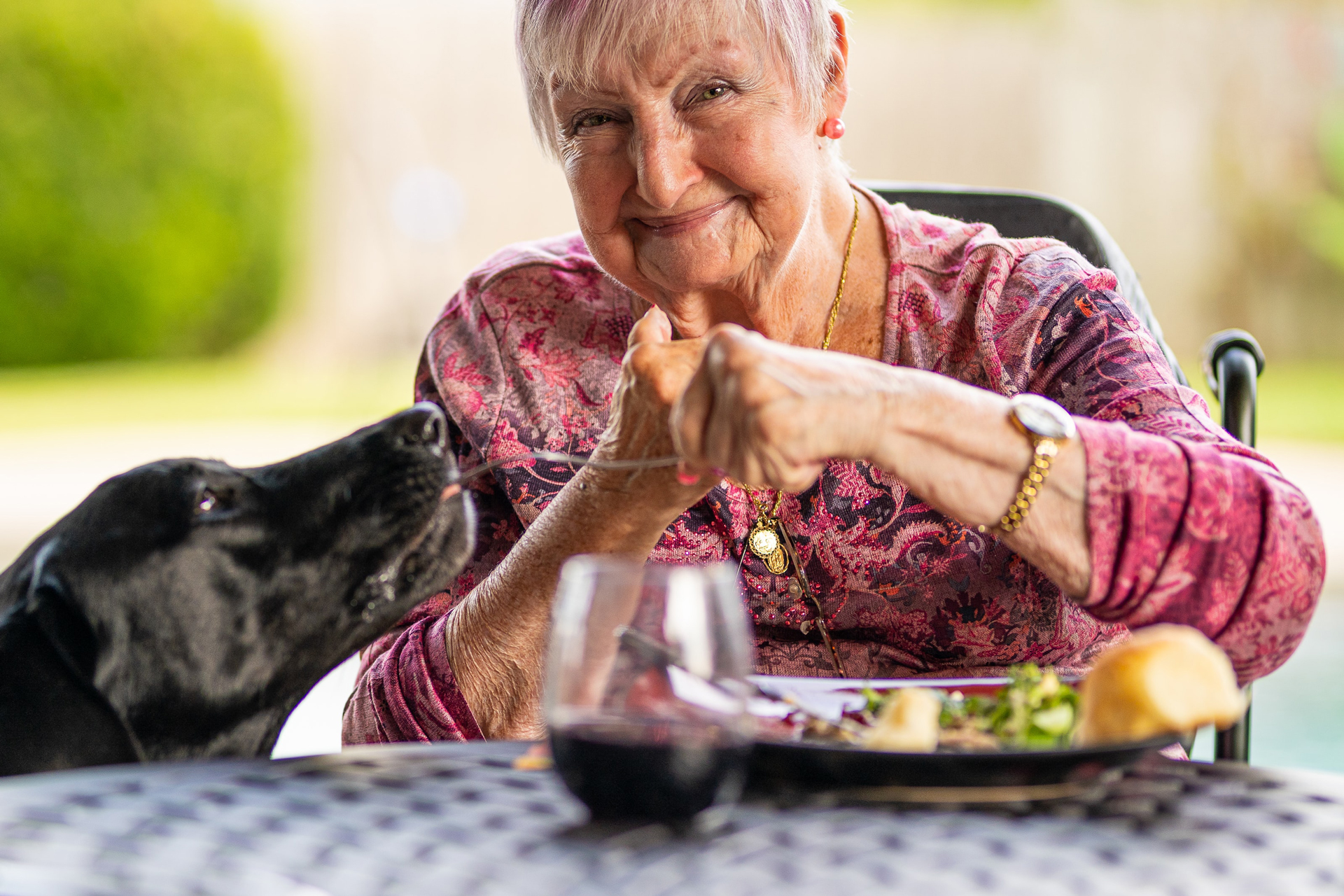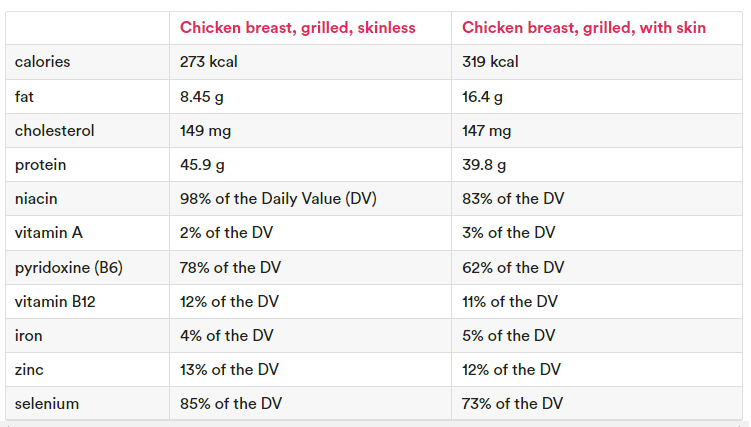
As we age, the nutritional needs of our bodies change. Senior citizens are among the most vulnerable to malnutrition. Research shows that 71% of the elderly are either at risk of or are already malnourished. Unfortunately, malnourishment among senior citizens is associated with higher mortality risk. Apart from depleting protein and fat, the elderly might suffer from many other dietary deficiencies. The most common deficiencies among the elderly include Vitamins B3 (niacin), B9 (folate), B12, D, and E, magnesium, calcium, fiber, potassium, and omega 3.
The good news is that there is one food that can provide for a wide range of nutritional needs – chicken. Here’s what you should know about the benefits of chicken for senior citizens.
Chicken is a nutrient-dense food. It contains two types of meat – dark (the meat that comes from the legs of the chicken) and white (the meat from the breast and wings). Although both are rich in nutrition, they differ in nutritional value. Dark meat has higher fat and fiber content, as the muscles of these body parts work harder. Chicken skin, on the other hand, generally contains more carbohydrates and fats. So, skinless chicken offers a different nutrition profit than with skin.

Image Source: Greatist
Chicken is rich in the following nutrients:
Chicken is a lean protein. It helps maintain healthy muscle mass among the elderly. Healthy muscles mean lower fatigue and stronger limbs to function independently for major daily tasks.
These two nutrients are essential for healthy brain activity and cognitive function. Chicken is thus one of the top foods that fight Alzheimer’s disease. One serving per day of chicken breast can ward off the most common nutritional deficiencies in the elderly.
Boneless chicken is rich in vitamin B5 and tryptophan, which aid serotonin (also known as the happy hormone) production. This can be helpful in reducing the risk of depression among senior citizens.
Selenium regulates the thyroid hormone and prevents chronic illnesses, a concern among the elderly.
Chicken is rich in creatine, an amino acid needed for string contraction in muscles. The human body has to create it from other amino acids, but chicken provides it in a form that is ready to convert to phosphocreatine, which is stored in the muscles and used for body movements.
Dark meat from chicken legs is rich in zinc, which is needed to strengthen the immune system to resist infection and keep illnesses at bay. Zinc is among the most supplemented minerals among people of all ages worldwide.
Chicken is easy to procure and cook and suitable for the elderly, especially those who live by themselves. Baked, sautéed, grilled, fried, or pot-cooked, chicken can be prepared in many ways and paired with multiple sides. It can be stored for longer with proper care and consumed later. Additionally, chicken stock is highly beneficial for boosting immunity. It can be used in soups, as the base gravy for other dishes, or consumed fresh.
A pot-roasted chicken is a complete meal. It is easy to cook and include in meals every day. Adding vegetables and leafy greens enhances the flavor and adds variety to chicken dishes.
Remember that chicken and other raw proteins should be properly cleaned, stored, and cooked to get maximum nutritional benefits. Also, no single food item can fulfill all nutritional requirements. Individuals of all ages need to ensure a balanced diet through a variety of foods to maintain good health. Additionally, regular moderate exercise can help maintain mobility in the long term.